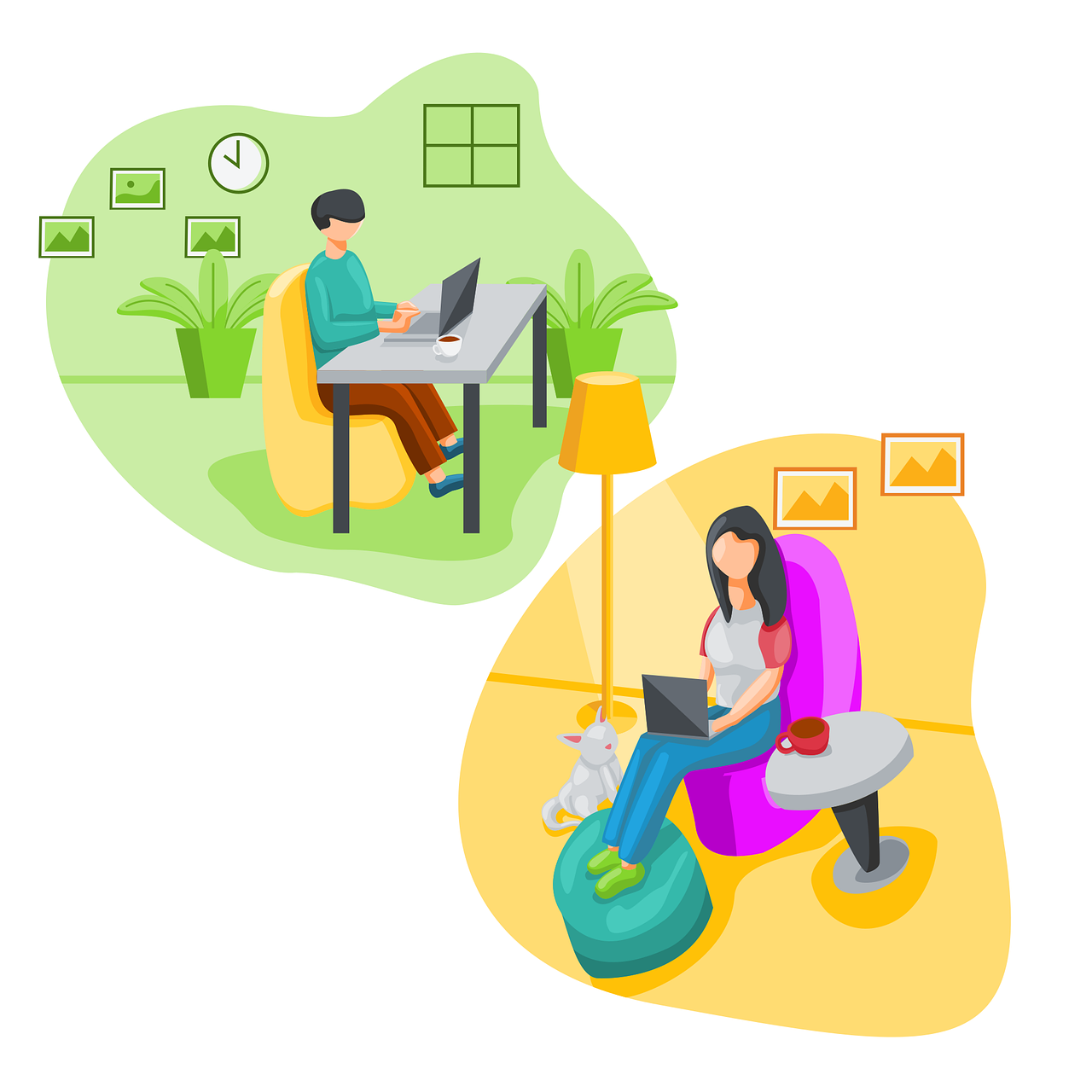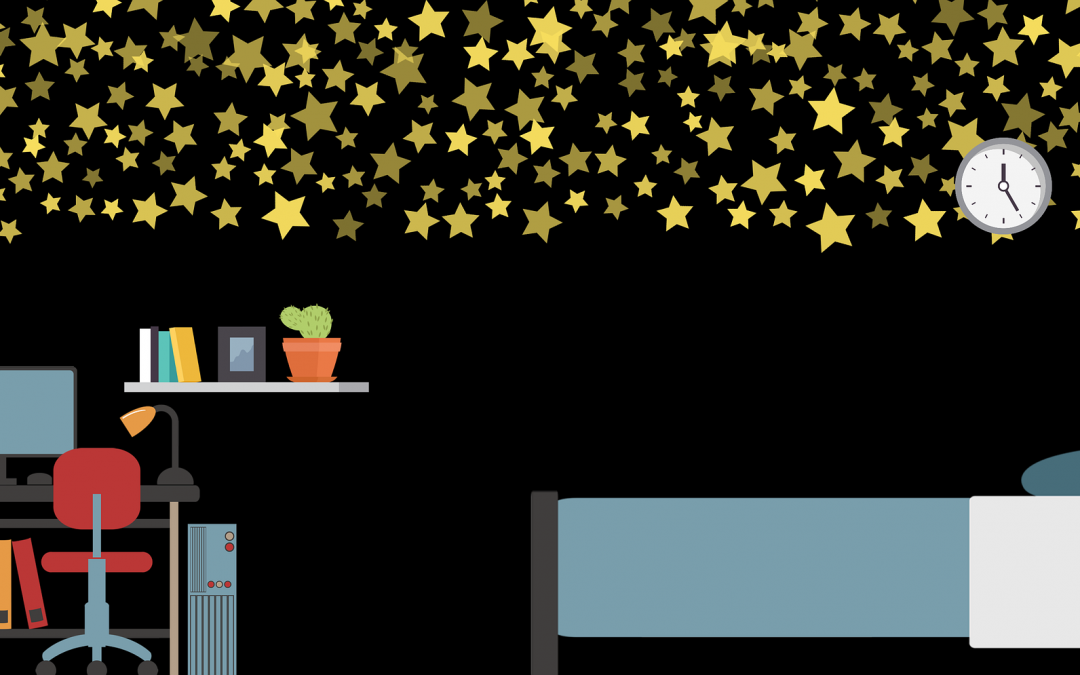Hey again!
In my last blog post, I shared how beneficial improving my sleep hygiene has been for my mental health. I then shared resources outlining different ways one can improve their sleep hygiene: (Anxiety Canada, CDC, and the Sleep Foundation).
For me, originally, looking at the seemingly never-ending lists of changes necessary for improving sleep hygiene was incredibly discouraging. I can’t help but imagine others out there feel the exact same way. So, I wanted to follow up my last post with one dedicated entirely to sleep hygiene (but, through a realistic lens not typically found in popular online resources).
When I am trying to make a positive change in my life, (i.e., improving my sleep hygiene), it can feel like an “all-or-nothing” ordeal. I am here to tell you that that is simply untrue, and discuss the step-by-step fashion in which I altered my sleep habits.
My sleep hygiene is far from perfect. I do lots to maintain it, but also do lots of things that do not promote good sleep hygiene. I believe this may be the most important thing I can share with anyone wanting to better their sleep habits. I want to convey how OKAY it is to be do so imperfectly, and let you know that (at least, anecdotally) making only a few important changes has still made the world of a difference for me.

(In my opinion, trying to do everything on the lists all at once would be impossible, and unsustainable).
*Disclaimer: As you know, I am not an expert on these topics. I am simply someone with insomnia who has some lived experience with making life changes to improve their sleep hygiene.*
Now that that is out of the way, this is what the process was like for me:
First, I read a ton of sleep hygiene resources. Although this is by no means an exhaustive replication, the suggestions listed looked something like this:
Do’s:
- Go to bed at the same time every night
- Wake up at the same time every morning (including weekends)
- Engage in physical activity everyday
- Try to workout in the mid-afternoon/early evening
- Get out of bed if you have been trying to fall asleep for a while, instead of tossing and turning
- Ensure your bedroom environment promotes relaxation and/or sleep (e.g., cool/comfy temperature, low sound, minimal light)
- Practice a consistent “bedtime routine”
- Expose yourself to natural daylight throughout your day
Don’ts:
- Work in your bed
- Engage in physical activity in the late evening
- Spend time in your bed looking at devices/screens/blue light
- Just lay in bed endlessly if you are not actually tired /go to bed if you’re not tired
- Consume substances (caffeine, alcohol, marijuana, nicotine) later in the day
- Eat large meals near “bedtime”
- Nap often
- Bring the worries of your day into your bed
Sources: (Anxiety Canada, CDC, and the Sleep Foundation).
At the time, it seemed like the changes I would need to make to see any improvement were never-ending. I was overwhelmed and discouraged.
(With encouragement from my therapist), I pushed through those feelings, deciding to start small.
Next, I took an honest, metaphorical look at myself in the mirror, and asked myself what I was really willing to give up, and what I wasn’t.
For me, this looked something like:
1. “I think I can set an alarm everyday. That doesn’t seem too bad.”

Sure, if I get home late or if I am up later than usual, this absolutely sucks. However, despite how unpleasant/annoying it can be, the consistency it fosters really helps maintain both my sleep quality and mental health.
(If I were to recommend anything to start with, it would be this: choose a wake-up time that is REALISTIC for you every single day, and actually stick to it.)
The point of this is to train your body to follow a sleep routine. It doesn’t matter what time you choose (we all function best on differing schedules). Honestly, the only aspect of this that is important is that you actually stick to it every day.
(For example, my daily alarm has rested around the 8am area for a few years now. Depending on my needs, I set alarms within the range of 7am – 9am).
2. “I love working in my bed and being comfortable when I study, but… if it is really causing my sleep problems, I can probably give this up.”
If you’ve read my last post, you already know about my deep passion for this tip. I simply cannot overstate how important I believe it is for my own personal sleep hygiene and mental health.
Buy a desk, put it as far away from your bed as you can, and keep your laptop and textbooks away from your bed as well. I promise you will not regret it.

3. “I am so exhausted all the time, and don’t know what I am going to do without coffee…but, maybe I can try to limit how much I have in the evenings.”

So, I did not stop drinking coffee. Instead, I simply stopped drinking it within 6-8 hours of the time I would like to be asleep. For me, this has made relaxing at night significantly easier.
Still, I sometimes crave the kick of caffeine during a late night study session. However, I can also say, every SINGLE time I have given in and drank caffeine, I have found falling asleep that night nearly impossible.
4. “I really don’t think I can stop falling asleep with my iPad on.”
I honestly don’t remember when it began, but for as long as I can remember, I have spent almost every single minute I am alone in the company of my iPad. I have also fallen asleep in the same fashion for the entirety of that time period.
This goes against a cardinal rule found in nearly all sleep hygiene resources. Devices in the bed are big no-no.

For me, I decided I was not willing to give this up. I simply was not willing to make this change. Nowadays, I still fall asleep with it on every night.
Those are only a few examples of how I differentially approached separate improvers of sleep hygiene. The changes/non-changes above did not occur at once. I made the improvements slowly, over long periods of time (and did the same for many of the other suggestions listed in sleep hygiene resources).
Today, this is what my actual “Do’s” and “Don’ts” look like:
My Actual “Do’s”:
- Try to go to sleep at the same time everyday
- Try to wake up at the same time everyday
- Practice a “bedtime” routine
- Use a diffuser, cool the room, and keep the lights off to create a relaxing environment
My Actual “Don’ts”:
- Drink coffee within 6-8 hours of “bedtime”
- Work in my bed
- Nap
- Eat a large dinner before “bedtime”
As you can see, my actual practice of sleep hygiene is nowhere near as “perfect” as the resources found online. But, it has still made a ridiculously strong impact on the quantity and quality of my sleep. In kind, this has functioned in improving my mental health.
I hope this helps anyone out there who feels discouraged by the overwhelming information on sleep hygiene out there, and instead inspired you to approach sleep hygiene slowly, and in a way that works specifically for you. Imperfection is okay, and I think it is important for us all to talk about that more 🙂
Screw the stigma <3
– Tristen
The views expressed in this blog are my own, and do not necessarily reflect the policies or views of the University of Victoria. I monitor posts and comments to ensure all content complies with the University of Victoria Guidelines on Blogging.

i think xvideos might be the best out there
please whats the best way to meet a thot
A good night’s sleep is critical for our overall health and happiness. Now that we’ve gotten a nice night’s sleep, we’re ready to take on the world. Sleeping, unfortunately, isn’t always easy!! The world’s first 175mg Ashwagandha gummies are here to help you get a good night’s sleep. Thank you very much for giving such valuable information!!